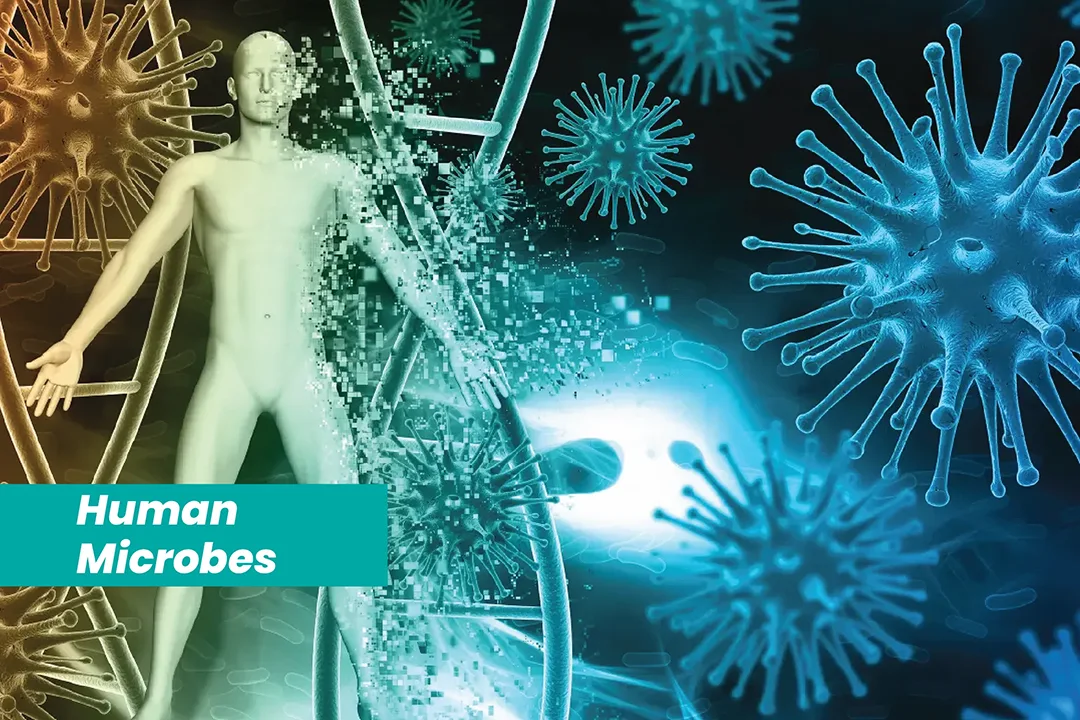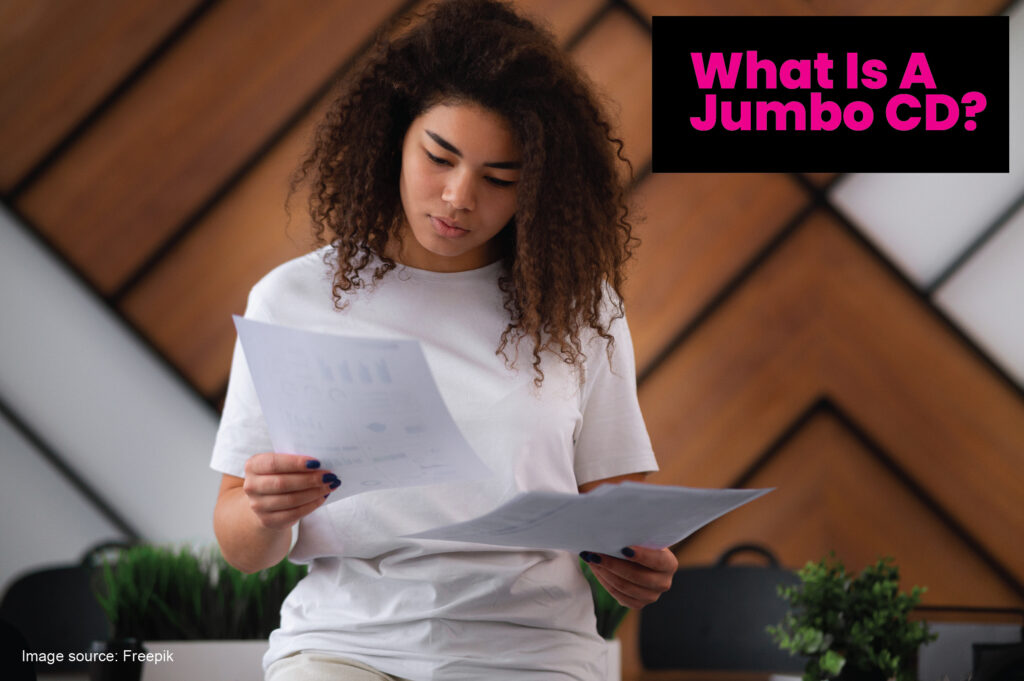Human Microbes : How To Get $180,000 A Year By Selling Your Poop

I’d like to share with you a new way of earning money today. Did you realize that selling your stool can bring in $180,000 annually?
Indeed, selling your feces can earn you money—you can even get paid to poop! This is a legitimate way to supplement your income.
Read this blog post to find out more about getting paid to poop and earning additional money.
Michael Harrop founded Human Microbes, which is a stool donor network currently serving the USA and Canada.
Michael Harrop introduce himself and talk about how to sell your poop?
As said by Michael Harrop, he had several chronic ailments and have been on disability for more than ten years. I learned a lot about health at that time and experimented a lot in an attempt to regain my.
In 2014, I became interested in the microbiome, a field of study that was only getting started. This appeared to be the clear missing piece. I had previously wondered, “Why aren’t the doctors looking at my gut microbes?,” and after reading through the scientific literature, I learned that it was because knowledge and technology weren’t developed sufficiently.
I also discovered a lot of serious flaws in the medical system during this time, most of which are addressed in this great presentation provided by a group of physicians at the European
I began documenting and summarizing the research because I saw that many medical professionals and researchers were not staying current with the most recent findings. This way, professionals and laypeople would have a place to go to obtain the most recent information.
The simplest way to transfer gut microorganisms from one person or animal to another is by fecal microbiota transplantation (FMT), one of the main techniques utilized in scientific studies on the microbiome. Researchers can investigate the effects of the microbiome on a wide range of ailments, diseases, therapies, and more thanks to FMT.
FMT has been shown to be highly (~90%) successful for treating C. diff, also known as Clostridioides difficile or C. difficile, a dangerous gut infection, for a number of years now. The outcomes have shown promise but have been inconsistent for other conditions.
I had been watching the studies attentively, and it was evident to me that the most significant factor that the researchers were ignoring was donor quality. The fact that good stool donors are hard to come by and no attempt has been made to find them is a significant problem. Huge sums of time and money have been squandered as a result of this collective indolence and deliberate ignorance.
Being on the outside looking in, I can tell you that irritation is an understatement, as can many of the people I know who have been dealing with chronic illnesses for a long time.
In 2018, I began contacting hundreds of physicians, scientists, the FDA, media, and other organizations in an effort to elevate the bar for donors, as it was evident to me that FMT might be a successful treatment for a wide range of ailments.
Sadly, it appeared that most of my efforts were futile, so I created Human Microbes.org to try to remedy this significant shortcoming.
We want to identify the less than 1% of persons who meet the eligibility requirements and put them in touch with medical professionals, researchers, and patients in need of FMT.
How can exceptional donors support research on stool? Why do establishments purchase stool?
It has become clear in recent years that the gut microbiota affects and controls every part of the body. All of the following: nutrition digestion; genetic expression; immune system and inflammation; hormone and neurotransmitter synthesis; nervous system signaling, including the vagus nerve and enteric nervous system; bones; obesity; etc.
The available data strongly implies that treating gut dysbiosis may improve a person’s general function in addition to curing a number of ailments. That final section, in my opinion, is just as significant since we are witnessing, on a daily basis, the effects of the majority of people’s poor functioning as a result of poor development and health.
However, we must be able to locate the small number of individuals who meet the requirements for high-quality donors and persuade them to participate in clinical studies in order to properly ascertain the potential of FMT.
What is Human Microbes?
The United States and Canada are presently served by the Human Microbes stool donation network.
Our main objective is to improve stool donor quality and availability since we think that donor quality is the single most important element affecting the efficacy and safety of FMT.
The majority of FMT suppliers lack the expertise, understanding, or drive to find donors that are genuinely of the highest caliber. Even worse, a lot of businesses are driven primarily by financial gain. This naturally leads to the current situation where there is no relationship between the quality of the process and donor and the cost of FMT.
On the other hand, we think that cost and excellent quality could exist together.
What requirements must one meet in order to donate stools? What keeps you from being a poop donor?
We are searching for individuals with unaltered, disease-resistant gut microbiomes who are in excellent physical and mental health.
Furthermore, while gut dysbiosis is linked to all the ailments of aging and rises with age, we are also seeking donors who are younger than thirty.
Since the gut microbiome is mainly heritable and it can be challenging to assess a person’s health and development until they reach their late teens, parents of donors who are between the ages of one and fourteen would also need to be screened.
Unfortunately, with all the current disruptions widespread antibiotic use, bad diets, absence of breastfeeding, etc. finding someone who fits all the prerequisites is an extremely challenging endeavor.
Because the gut microbiota affects and regulates every part of the body, the screening process for stool donation is likely one of the most thorough examinations out there.
The majority of the target audience are elite young athletes.
How hard is it to sell your feces and become a stool donor?
In general, qualifying for it is among the most difficult things.
It appears that less than 1 in 1000 persons would be eligible.
A lot of luck plays a big part in determining whether someone qualifies.
Both unproven amateur players and even non-athletes would be eligible, in addition to the several highly accomplished professional athletes who would not.
Where can someone donate a stool? Is it coming from your house? Does your poop have an internet store?
Most of the time, a person can transport their stool on dry ice by gathering it at home. Donors, however, have the option to limit their giving to local events.
It’s as easy as pooping into a zip lock bag to gather the stool.
A person might use the straightforward collection equipment that is detailed below if they anticipate having their bowel movements while they are not at home.
How much money is it possible to make by giving away a stool?
We’ve raised the stool sample fee to $500 from the $40 global standard because it’s been so difficult to locate the necessary quality donor. Donating one sample every day comes to a total of $180,000 annually. Less than 30 minutes should pass during the entire transaction, including shipping.
this link for the donor screening questionnaire.
How can a person determine whether this is genuine or not?
Fortunately, donors have nothing to lose other than what they already waste down the toilet every day. We supply the donor with everything they require. We also pay for all screening expenses.
One of the things I’ve been emphasizing to recipients for years is to demand proof and ask hard questions rather than taking the provider of their feces for granted and believing they are receiving high-quality stool.
The following are some inquiries you ought to make of your stool provider (that is, your physician, hospital, stool bank, clinical study, etc.):
* What is the donor’s age?
* Is it possible for me to view the whole results of the donor screening questionnaire?
* Can I view the donor screening test results?
* Is it possible for me to observe their stool before it is processed?
* Exist any images or videos of the donor? Is there proof of their physical well-being and health available? If not, what proof can you give me that it isn’t the case?
* What percentage of patients with [your illness] who underwent an FMT using this donor’s feces recovered or showed a favorable response?
* How are the outcomes being monitored and reported?
* What steps are used to digest the stool? Using antifreeze? utilizing a blender?
Conclusion:
Disclosure:
This post may include affiliate links, which means that at no extra cost to you, I may receive a commission if you choose to purchase something after clicking on one of my links. View my disclosure for further details.


